Daily Report Archives
Established in December 1993, the Nautilus Institute’s *N*ortheast *A*sia *P*eace and *S*ecurity *N*etwork (NAPSNet) Daily Report served thousands of readers in more than forty countries, including policy makers, diplomats, aid organizations, scholars, donors, activists, students, and journalists.
The NAPSNet Daily Report aimed to serve a community of practitioners engaged in solving the complex security and sustainability issues in the region, especially those posed by the DPRK’s nuclear weapons program and the threat of nuclear war in the region. It was distributed by email rom 1993-1997, and went on-line in December 1997, which is when the archive on this site begins. The format at that time can be seen here.
However, for multiple reasons—the rise of instantaneous news services, the evolution of the North Korea and nuclear issues, the increasing demand for specialized and synthetic analysis of these and related issues, and the decline in donor support for NAPSNet—the Institute stopped producing the Daily Report news summary service as of December 17, 2010.

In the following Policy Forum Peter Hayes analyzes Preparing for the Possibility of a North Korean Collapse by RAND analyst Bruce Bennett. Hayes states “Bennett’s report is salutary reading and should be read widely, including in Pyongyang. Anyone who hopes (as against feels obliged to prepare) for DPRK collapse or who thinks that “bringing it on” is likely to incur less costs for the most vulnerable populations than transforming the DPRK inside-out as-fast-as-possible via engagement aimed at non-collapse should read chapter 3 on the horrendous humanitarian consequences of a collapse and possible war.”
Peter Hayes is Professor of International Relations, School of Global, Urban and Social Studies, Royal Melbourne Institute of Technology University, Australia and Director, Nautilus Institute.
Go to the article
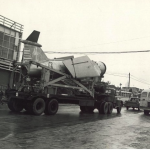
DETERRENCE: Command and Control: Nuclear Weapons, the Damascus Accident, and the Illusion of Safety DPRK: North Korea Restarting its 5MW Reactor ENERGY SECURITY: Arctic Sea Ice Melting Faster Than Expected, UN Report Finds GOVERNANCE AND CIVIL SOCIETY: Japan Grapples with Rise in Hate Groups CLIMATE CHANGE ADAPTATION: Floods in the WHO European Region: Health Effects and their Prevention AUSTRAL PEACE […]
Go to the article

Peter Hayes writes: “Ultimately, commanders have to trust themselves, their staff, and their organization. But if …problem[s] reside in the nature of nuclear warfare itself, and the organizations are incapable of perfect implementation of nuclear strategy…then nuclear weapons are fatally flawed as a means of warfare…” Hayes quips, “Perhaps [we] should revise [the NRA] slogan: “Guns don’t kill people, people do” to: “Nuclear weapons don’t start nuclear wars; nuclear weapons organizational systems and people do.”
Peter Hayes is Professor of International Relations, School of Global, Urban and Social Studies, Royal Melbourne Institute of Technology University, Australia and Director, Nautilus Institute.
Go to the article
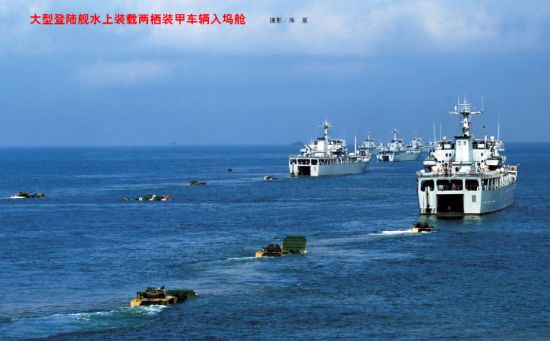
Mark Valencia writes, “There is now little doubt that China and the West are going to clash. They are already competing in both military and civilian areas and more fundamentally in values and the pursuit of political power. The as yet unanswered questions are will the conflicts become “physical” and, if so, how and why?”
Mark Valencia is Senior Visiting Scholar at the National Institute for South China Sea Studies in Haikou, China and a Nautilus Institute Associate.
Go to the article
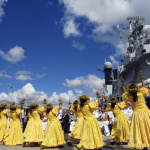
DETERRENCE: Could a Maritime Conflict Start a Sino-American War? DPRK: North Korea’s Ten Principles Show Regime Rigidity ENERGY SECURITY: The Dangerous Effects of Global Warming GOVERNANCE AND CIVIL SOCIETY: Asian Olympic Double to Unlock Continent’s Potential CLIMATE CHANGE ADAPTATION: Building Shared Understanding and Capacity for Action: Insights on Climate Risk Communication from India, Ghana, Malawi, and Mongolia, CLIMATE CHANGE AND […]
Go to the article
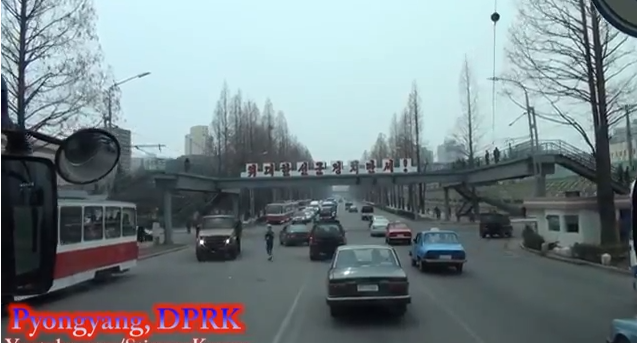
On visits to North Korea since Kim Jong Un came to power, Rudiger Frank has seen growing evidence of a more diverse and cash-based economy. These signs of creeping reform are evidence of North Korea’s desire for change, but achieving real transformation remains a long and delicate process.
Rudiger Frank is Chair Professor of East Asian Economy and Society at the University of Vienna and Head of the Department of East Asian Studies. He has visited North Korea numerous times.
This report was originally published by Global Asia in June of 2013 (V8N2).
Go to the article
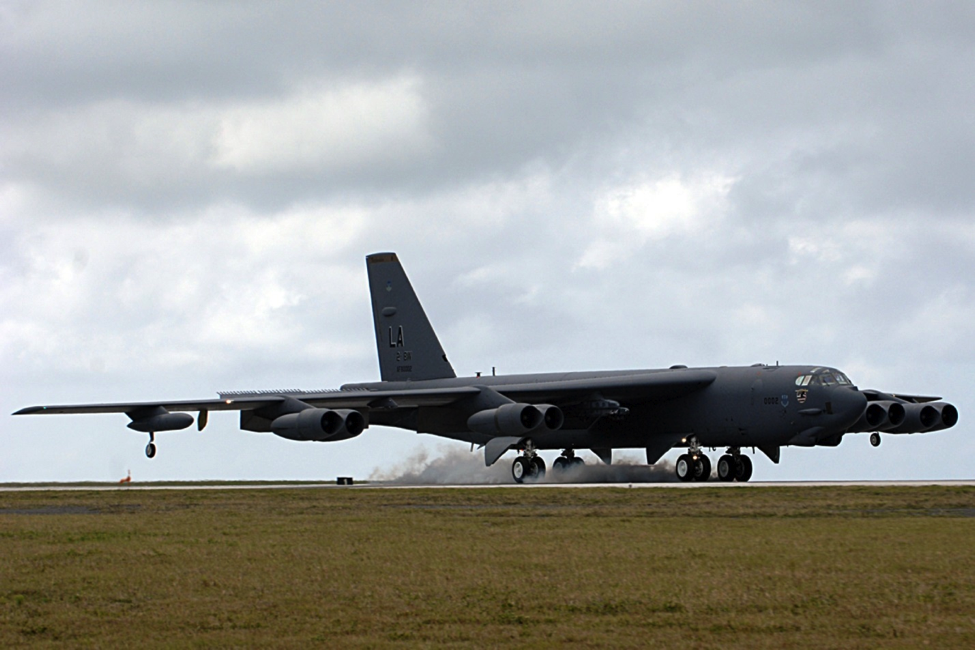
Roger Cavazos asks, “What happened to Ambassador Robert King’s invite to North Korea?” How could things have gone so disastrously off-track in 72 hours and what does it mean for the future of the relationships between the U.S. and North Korea? Roger Cavazos is a Nautilus Institute Associate and retired US military officer with assignments in the intelligence and policy communities.
Go to the article

DETERRENCE: Statement on Chemical Weapons Use in Syria and the International Response DPRK: Engaging enemies: Fraught with Risk, Necessary for Peace ENERGY SECURITY: Climate at Five Minutes to Midnight: IPCC Head GOVERNANCE AND CIVIL SOCIETY: Assembly Mulls Rebellion Arrest CLIMATE CHANGE ADAPTATION: Supporting Decision-Making for Effective Adaptation AUSTRAL PEACE AND SECURITY: Australian Spies in Global Deal to Tap Undersea Cables DETERRENCE: Statement […]
Go to the article

Heonik Kwon writes: China and North Korea have varying and even contradictory interests in the history of thei…
Go to the article
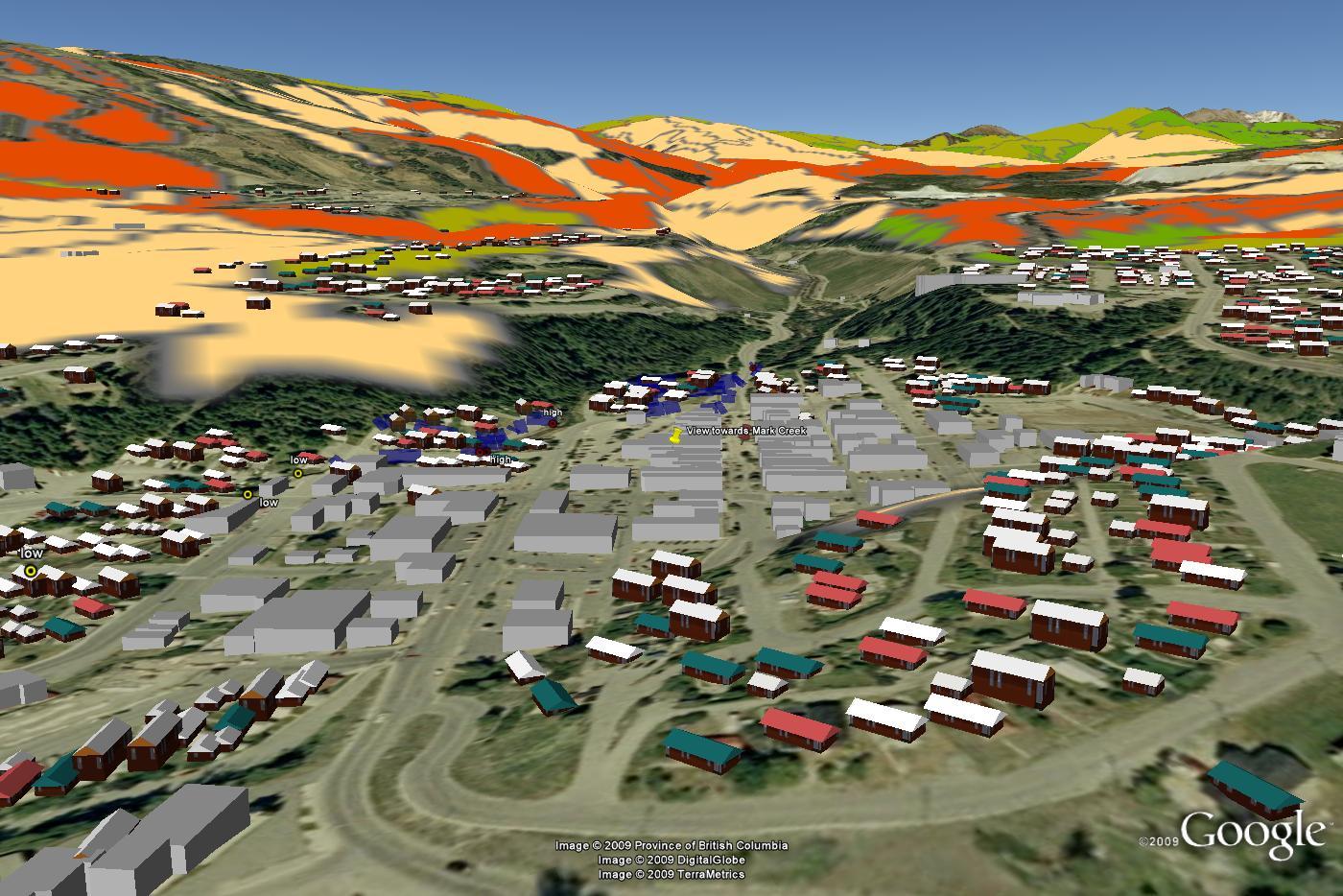
Saleem Janjua advocates an analysis of how organizations learn from their own experience, other organizations, and how they develop their own internal understanding and framework for action under climate change.
Saleem Janjua is the Climate Change Adpation contributor to the NAPSNet Weekly Report, and the Editor of AdaptNet.
Go to the article











